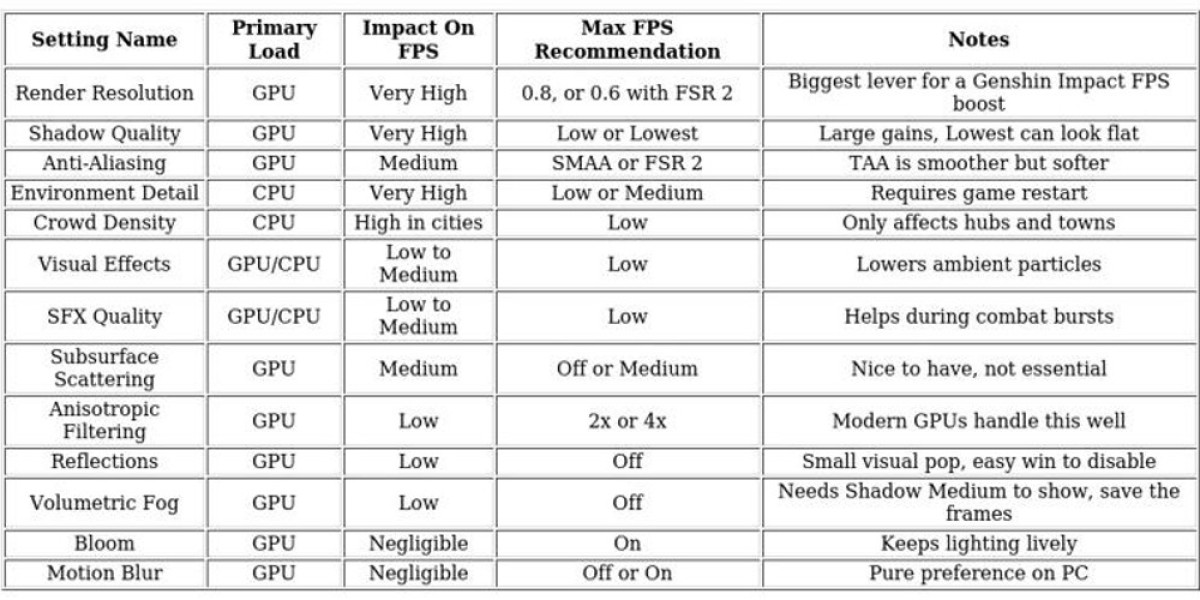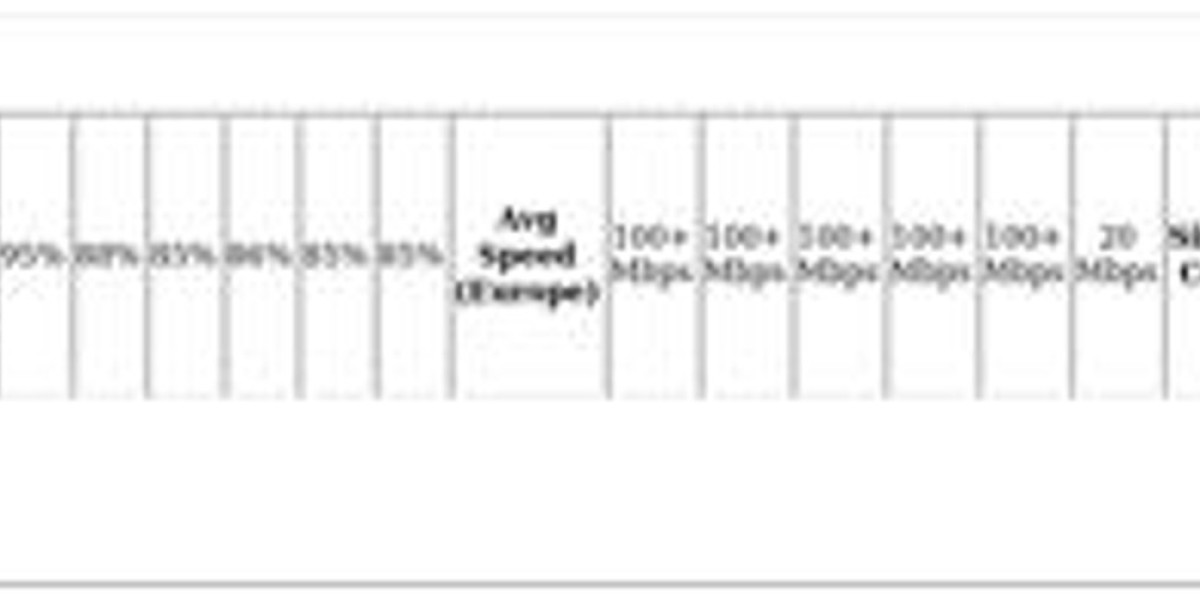
Among the organized chaos of medical professionals in Birmingham, a young man named James Stokes carries himself with the measured poise of someone who has found his place. His oxford shoes barely make a sound as he greets colleagues—some by name, others with the universal currency of a "how are you."
James carries his identification not merely as institutional identification but as a declaration of inclusion. It rests against a neatly presented outfit that gives no indication of the difficult path that led him to this place.
What sets apart James from many of his colleagues is not visible on the surface. His bearing discloses nothing of the fact that he was among the first recruits of the NHS Universal Family Programme—an undertaking created purposefully for young people who have experienced life in local authority care.
"I found genuine support within the NHS structure," James explains, his voice measured but revealing subtle passion. His observation summarizes the essence of a programme that seeks to transform how the vast healthcare system approaches care leavers—those vulnerable young people aged 16-25 who have emerged from the care system.
The statistics reveal a challenging reality. Care leavers frequently encounter greater psychological challenges, economic uncertainty, housing precarity, and reduced scholarly attainment compared to their contemporaries. Underlying these impersonal figures are individual journeys of young people who have maneuvered through a system that, despite good efforts, regularly misses the mark in offering the supportive foundation that forms most young lives.
The NHS Universal Family Programme, established in January 2023 following NHS England's promise to the Care Leaver Covenant, embodies a substantial transformation in systemic approach. At its heart, it recognizes that the complete state and civil society should function as a "universal family" for those who have missed out on the stability of a typical domestic environment.
A select group of healthcare regions across England have charted the course, establishing systems that reimagine how the NHS—one of Europe's largest employers—can open its doors to care leavers.
The Programme is detailed in its methodology, initiating with detailed evaluations of existing practices, creating management frameworks, and obtaining senior buy-in. It recognizes that meaningful participation requires more than lofty goals—it demands practical measures.
In NHS Birmingham and Solihull ICB, where James found his footing, they've created a regular internal communication network with representatives who can offer help and direction on personal welfare, HR matters, recruitment, and EDI initiatives.
The traditional NHS recruitment process—formal and possibly overwhelming—has been intentionally adjusted. Job advertisements now focus on personal qualities rather than numerous requirements. Application processes have been reconsidered to consider the unique challenges care leavers might encounter—from not having work-related contacts to having limited internet access.
Maybe most importantly, the Programme understands that starting a job can pose particular problems for care leavers who may be managing independent living without the safety net of family resources. Issues like commuting fees, personal documentation, and banking arrangements—considered standard by many—can become significant barriers.
The elegance of the Programme lies in its thorough planning—from explaining payslip deductions to offering travel loans until that critical first payday. Even seemingly minor aspects like break times and workplace conduct are carefully explained.
For James, whose NHS journey has "revolutionized" his life, the Programme delivered more than work. It gave him a perception of inclusion—that ineffable quality that emerges when someone senses worth not despite their history but because their particular journey enhances the institution.
"Working for the NHS isn't just about doctors and nurses," James observes, his expression revealing the subtle satisfaction of someone who has found his place. "It's about a collective of different jobs and roles, a family of people who really connect."
The NHS Universal Family Programme represents more than an work program. It stands as a powerful statement that institutions can evolve to embrace those who have navigated different paths. In doing so, they not only transform individual lives but improve their services through the special insights that care leavers contribute.
As James navigates his workplace, his presence subtly proves that with the right assistance, care leavers can succeed in environments once considered beyond reach. The embrace that the NHS has offered through this Programme represents not charity but appreciation of hidden abilities and the fundamental reality that each individual warrants a community that supports their growth.










